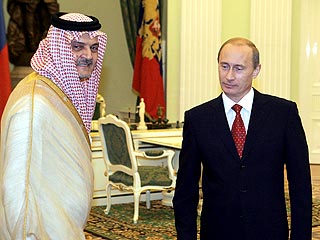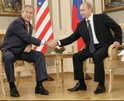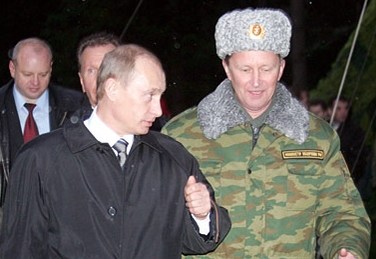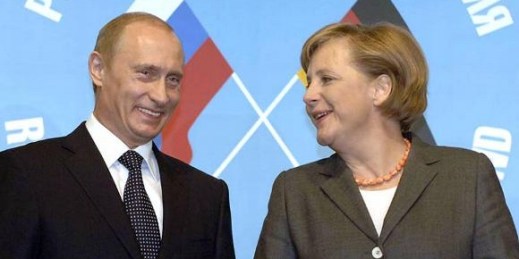
TEHRAN, Iran — What was the Soviet ambassador’s car doing, parked inside the Embassy of Saudi Arabia in Washington, during the height of the Cold War? Relations between staunch U.S. ally Riyadh and committed adversary Moscow were at an all-time low, as Soviet arms and funding were being delivered to a number of Arab nationalist, anti-royalist regimes, such as Nasserite Egypt, Marxist Southern Yemen and Baathist Syria. “What is the ambassador doing in our embassy?” Abdurrahman Ar-Rashed, the current editor of Saudi-owned pan-Arab daily Asharq Al Awsat, recalls asking of then-Saudi Ambassador to London, Sheikh Nassir Al-Manqoor. “We do not […]




